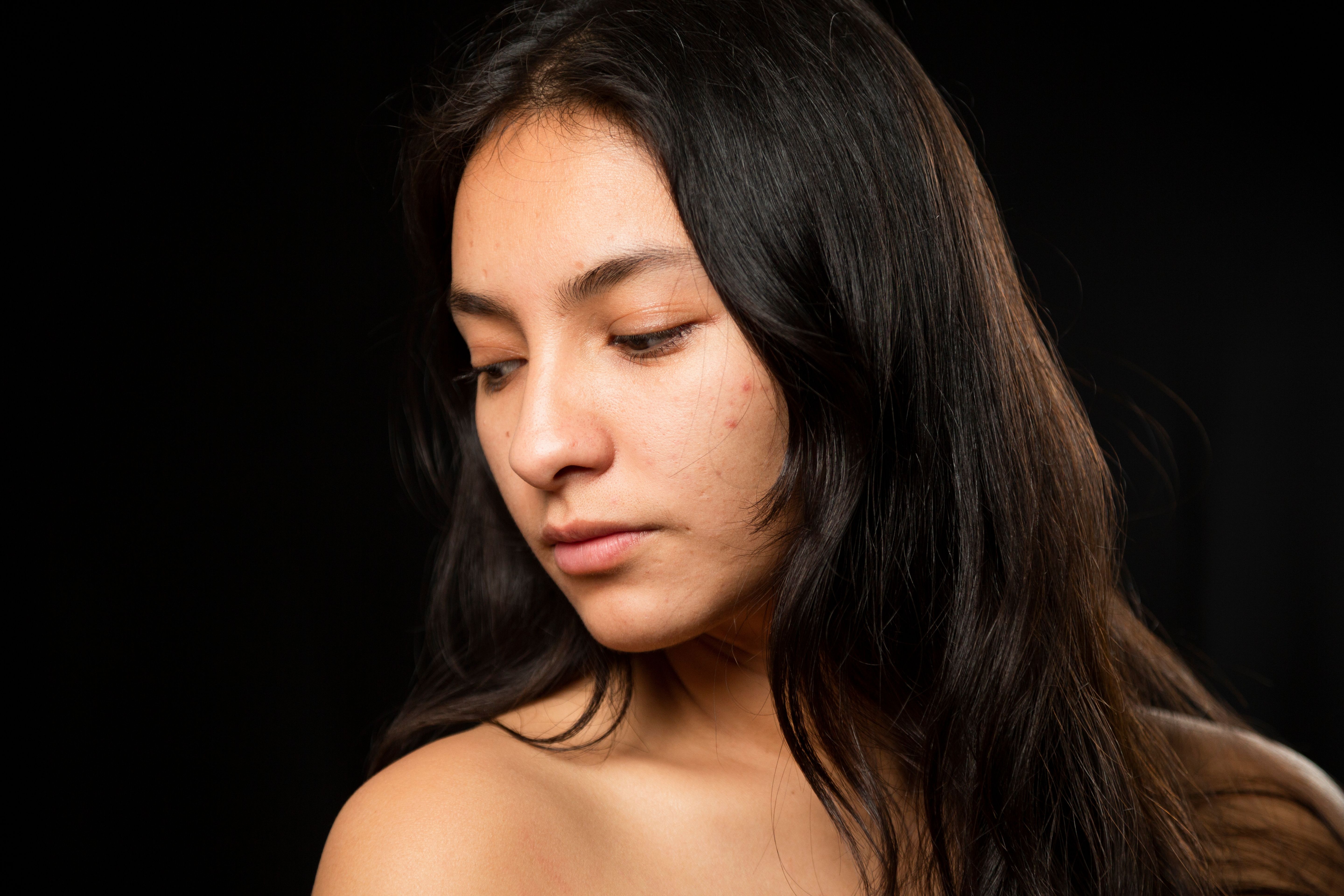- Acne
- Actinic Keratosis
- Aesthetics
- Alopecia
- Atopic Dermatitis
- Buy-and-Bill
- COVID-19
- Case-Based Roundtable
- Chronic Hand Eczema
- Chronic Spontaneous Urticaria
- Drug Watch
- Eczema
- General Dermatology
- Hidradenitis Suppurativa
- Melasma
- NP and PA
- Pediatric Dermatology
- Pigmentary Disorders
- Practice Management
- Precision Medicine and Biologics
- Prurigo Nodularis
- Psoriasis
- Psoriatic Arthritis
- Rare Disease
- Rosacea
- Skin Cancer
- Vitiligo
- Wound Care
News
Article
Evaluating Efficacy of Trifarotene in Latin American Patients With Acne
Author(s):
Trifarotene emerges as an effective and well-tolerated solution for acne across diverse populations.
In Latin American populations, acne is not only more common but also tends to be associated with post-inflammatory hyperpigmentation (PIH) and scarring, potentially due to heightened underlying inflammatory processes. Recognizing this, it's crucial for dermatology clinicians to tailor their approach to acne management in diverse Latin American patients. Trifarotene (Aklief), a novel and selective topical retinoid, has emerged as a promising option for treating acne in this population. Researchers did a deep dive into the psychosocial impact of acne in Latin American populations and trifarotene’s efficacy and presented results in a poster at Maui Derm NP+PA Fall 2023 in Asheville, North Carolina from September 27-30.1
Considering the spectrum of Fitzpatrick skin types (FSTs) present in Latin America, clinicians must factor in FST when devising acne treatment strategies. Inflammatory mediators play a pivotal role in melanogenesis modulation, with some actually intensifying melanocyte activity. A survey of Brazilian adults highlighted the profound emotional impact of facial acne scarring, underscoring the need for effective interventions.
- 30% of individuals were embarrassed about their facial acne scarring.
- 30% felt less attractive.
- 21% reported an impact on their social activities.
- 35% had been bullied because of their facial acne scarring.
- 62% of individuals surveyed felt they had to adapt their daily activities because of their facial acne scarring.
In individuals with darker skin tones, acne lesions often trigger a robust local inflammatory response and are more prone to scarring. Retinoids, such as trifarotene, demonstrate their efficacy by suppressing immune inflammation and normalizing follicular processes. Trifarotene's phase 3 double-blind, randomized studies revealed positive outcomes in patients with moderate facial and truncal acne (n=2420 total, n=195 Latin American), with a significant reduction in both inflammatory and non-inflammatory lesions, along with improved Investigator's Global Assessment scale (IGA) success compared to the control group at week 12. Local irritation, generally mild or moderate, was the primary adverse event.
A different, yet noteworthy, 1-year study demonstrated that IGA success rates continued to rise from week 12 to week 52 with trifarotene. Impressively, there was a 31% increase in subjects reporting that acne no longer impacted their quality of life. Further insights specific to Hispanic/Latino patients will be unveiled in forthcoming post hoc analyses.
In conclusion, trifarotene emerges as an effective and well-tolerated solution for acne across diverse populations, including those with darker skin types and Latin American individuals.
Reference
1. Tan J, Beissert S, Cook-Bolden F, et al. Trifarotene in context: exploring the acne burden in Latin America. Poster presented at: Maui Derm NP+PA Fall 2023; September 27-30, 2023; Asheville, NC.
Newsletter
Like what you’re reading? Subscribe to Dermatology Times for weekly updates on therapies, innovations, and real-world practice tips.
















